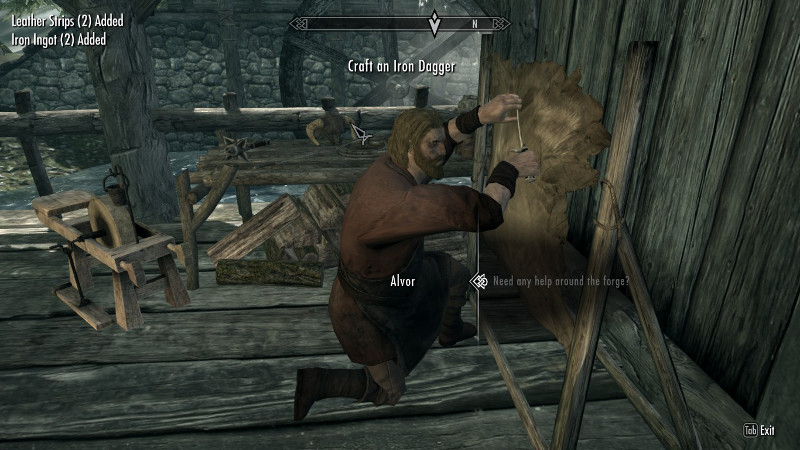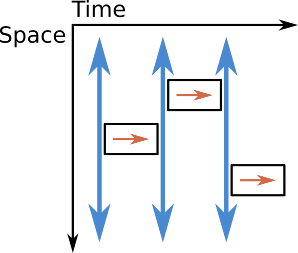Static world
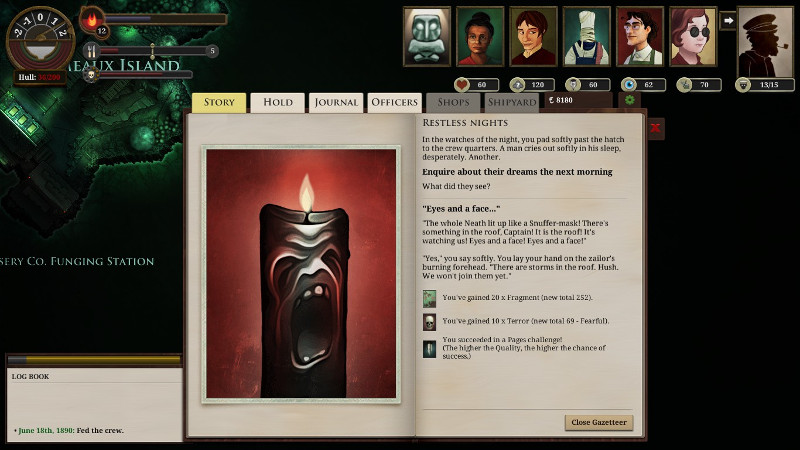
Sunless Sea is a good example of this. Much like in Skyrim, you can pretty much go wherever you like and do things in any sequence. But there's no overarching main plot that would require any kind of timing.
The world isn't being menaced by dragons, nor are you in any position to fix it. There's a choice of victory conditions you can pick from, whether you want money, fame, power or something more.
But eventually, the staticness of the world does become apparent. Supposedly, all these powers are moving against one another, yet nothing ever moves. Even when you deliver a major victory for one of the factions, once the nice big "congratulations" message has passed, little or nothing changes in the world.
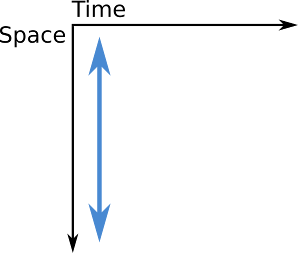
Linear sequence of events
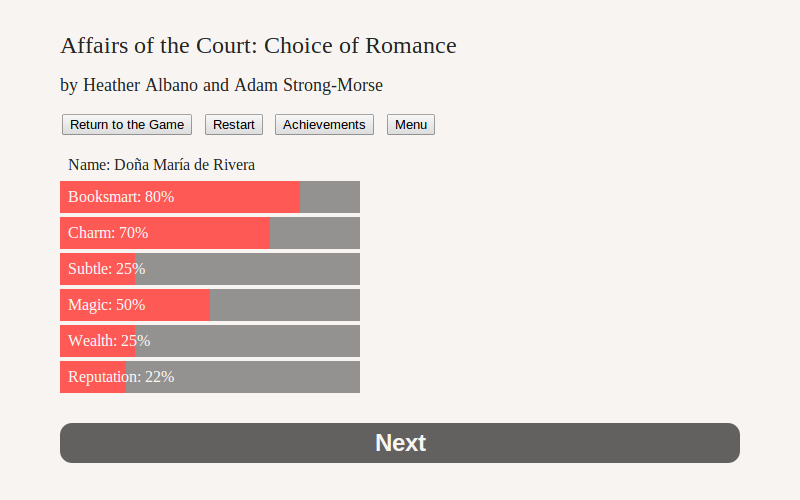
Choice of Games has done some excellent work with games that are mostly linear sequences - with some deviations, but no loops - that nevertheless let the players make meaningful decisions. While the player has little or no input on where they're going, their decisions end up changing stats and flags that do end up mattering down the line.

Linear sequence of small static worlds
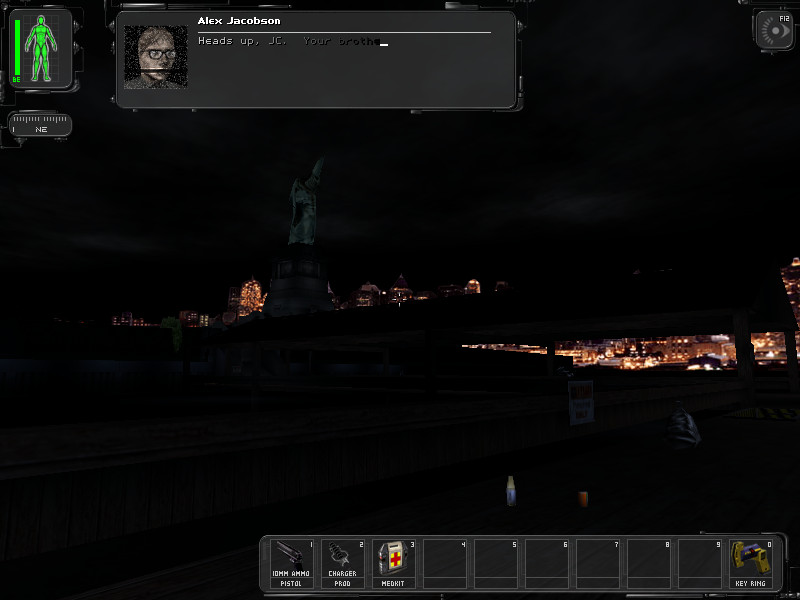
Deus Ex, or more recently the Dishonored games, use this approach. The levels are large and allow for plenty of free movement and different player actions, but once one level is done, the game permanently moves on to the next one.
The staticness of the levels matters less, because you only spend a few hours there at most. You can spend ten real-time days in the first level of Deus Ex, and dawn never comes. So the game alternates between giving the player free movement and letting the game's timeline advance.
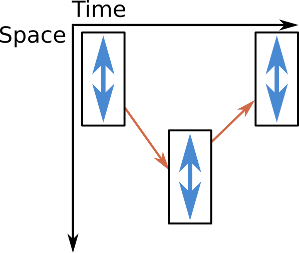
Static worlds or constrained movement
We need to either restrict the player's ability to move in the world, or the world's ability to progress on its own.
If the player can go wherever they like, and the world moves on its own, this means the player will miss most of the content. Instead of a one-dimensional list of places or times, it's a two-dimensional field of places x times through which the player will take a linear path. This means that most of the work that went into the game will not be touched upon in a playthrough. Which in turn means that the game will take a lot of effort to make compared to the experience it delivers.
The Deus Ex approach of a linear sequence of open worlds is a compromise solution. But it also doubly constrains what can happen - the player cannot roam as freely as in a single open world, and the story still needs to be pretty much linear. Indeed, the original Deus Ex has a completely fixed story throughout, until a final massive decision for the player.
Tracking changes as stat values
Choice of Games does this to soften its restriction of player movement. While you can't decide the order in which things happen, you can still make choices within these events that end up influencing what events happen in the future, or what their outcomes are.
Dishonored tracks exactly one stat, the chaos rating, that changes the levels and the final outcome somewhat.
So, encoding the player's choices or the world's progression through time as stats reduces the field of events back down to a one-dimensional list while allowing for some controlled degree of variation. Events can be swapped out entirely or modified in their details on the basis of the stats, making for a more reactive world.
Picking events on the basis of stats
You can even encode everything as stats, both the player's choices and the world's progression. Now, events are picked from a pool based on the stats. This makes for a simulation-esque game that nevertheless has hand-written content. The King of Chicago pioneered this approach.
The main problem here is that it's very possible that some events will keep happening, while other events never happen.
Much like above, a play-through is a linear path through a space of player and world stats. Ideally this path will touch a large proportion of the possible events exactly once. If it keeps coming to the same place, the story will be repetitive, and if it goes past most of the events without touching them, there's a lot of wasted effort.
So what are some concrete possibilities to push the envelope while avoiding wasted effort and the Skyrim Problem?
More stats in linear sequences of open world levels
A bunch of different stats that modify but not replace each sandbox level could make the world more reactive to the player's decisions without breaking the bank.
A static world with a little bit of change over time
To do this right, the passage of time should not close off opportunities for the player in frustrating ways. And to do it efficiently, most of the time, the passage of time should change details rather than requiring multiple versions of the same content to be created.

A stat-driven approach
Finally, by gently controlling a playthrough's movement through the space of stats and careful placement of events that can change their details based on stats, a game can let stat changes encode both player choices and the passage of time without becoming repetitive or wasteful.

So what's the conclusion? Free player movement in a non-static world inevitably leads to a lot of unseen content. Obviously constraining player movement or making the world static makes games feel less alive. To ameliorate this, constrain player movement in subtle ways, don't change the world too much, and use stats to change things without having to completely rewrite them.
